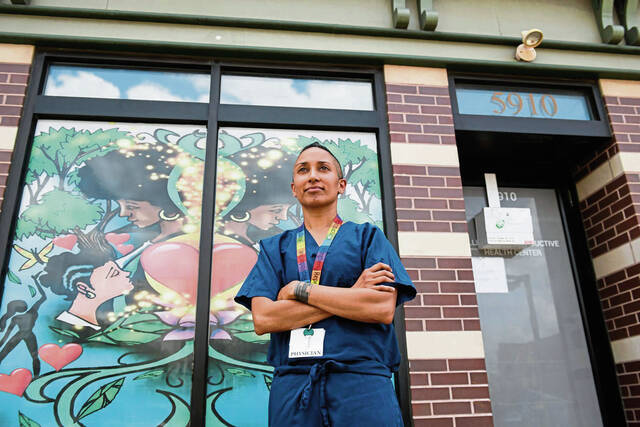It’s an election year and again Western Pennsylvania voters will be hearing various promises from candidates running for office. In recent years candidates have focused on how to retool the local economy for the 21st century, bring better paying and longer-term jobs to the region, and improve opportunities for local residents. Despite some success on this front, unemployment here still is higher than the national average and few high-tech companies have come to the region.
This year, candidates will promise to rein in inflation and drive down gas prices.While most candidates are sincere in making promises and work hard to fulfill them, both politicians and voters know few will come to fruition.
Election promises tend to be long on rhetoric — glib language and catchy phrases intended as TV and social media soundbites — and short on specifics. Many are crafted in a manner that allows them to be open to different interpretations, which gives candidates some latitude when dealing with various constituent groups. The general language also allows candidates plausible deniability: They can distance themselves from a promise if public opinion turns negative.
We will hear excuses on why prior promises could not be fulfilled. Generally, though, the inability to fulfill promises is blamed on the opposing party, which diabolically prevented important legislation from passing, or powerful special interests which expended substantial resources to block critical measures.
Rarely do politicians find fault with their efforts or those of their party. Few say they could have crafted the measure better, worked harder with the opposing party or stakeholders, or better articulated to the public the importance of a bill.
Sometimes there are good reasons why candidates could not fulfill their promises. In 2020 no one could have foreseen the covid-19 pandemic. It dominated politics at all levels, and elected officials focused on keeping the public safe and helping the economy recover; other plans and promises were deferred.
Failure to fulfill promises isn’t always candidates’ fault. Candidates new to politics may not be aware of what is involved in making change happen in government and the challenges of making legislation. Success requires working with people from both parties and outside groups, understanding of the subject matter, and the willingness to negotiate and consider tradeoffs.
Good elected officials find a way to get things done despite the challenges. They recognize that compromise is not a liability but a virtue. They realize that politics is a long game, and making some progress today may provide the opportunity to fulfill the entire promise later.
As you hear candidates’ promises, ask them how they plan to fulfill them and how they will improve the lives of voters in Western Pennsylvania. If an idea has failed in the past, what will they do differently to ensure success this time around? Ask them why they support or champion a certain cause, which will reveal their motivations and commitment to fulfilling their campaign promises.
Greg Fulton is a New Castle native living in Denver.








